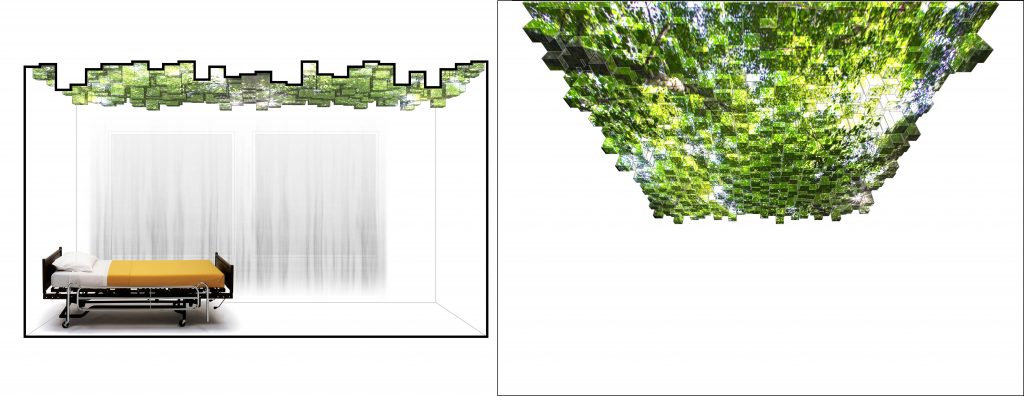Space with an intelligence is an idea that captures the mind of the architect and immediately challenges our conception of architecture. Metamorphosing space is common in contemporary media and is becoming more and more conceivable by the technology in common use today. Architecture that learns is fully possible. The technology of responsive and intelligent space is not new and is ever more accessible to students familiar with digital tools. Between the new culture of digital architects and engineers of mechatronics, we are fully capable of designing the technology behind what we can dream up as architects, leaving only the question of what we should imagine.
Design decisions in responsive architecture include those that must be made with contemporary architecture but also decisions on what should be sensed and actuated, and what combinations of inputs or feedback will cause what kind of actions. Design in this sense is the programming itself: a different algorithm changes the design expression, configuration, and behaviour. Different programming then results in different spatial conditions. As such, the programming becomes a powerful spatial design parameter. This direct translation of the algorithm into space is what causes this technology to be so powerful to architects. And yet it is also elusive to define the result; the spatial intent can change by the second: space is always in flux. The complication of the discussion and the multiplicity of different cases of spatial configurations and overlaps of conditions in the programming cause spatial readings that differ input by input and minute by minute. A different programmer (i.e., architect) could produce a completely different spatial behavior only by the result of their programming decisions.
Read more by AnnaLisa on the design of responsive environments in architecture:
Meyboom, AnnaLisa. Expanding Applications for Responsive Architecture: Applications to the Marginalized Spaces of Seniors, Association of Collegiate Schools of Architecture 101: New Constellations/New Ecologies. San Francisco, USA, Mar 21-24, 2012.
Meyboom, AnnaLisa, Wojtowicz, Jerzy and Strzala, Marcin. reCHARGING w/ ROBO. The 30th International Conference on Education and Research in Computer Aided Architectural Design in Europe. Prague, Czech Republic, September 12–14, 2012.
Meyboom, AnnaLisa, Greg Johnson and Jerzy Wojtowitz. “Robostudio: Towards Architectronics”. International Journal of Architectural Computing, Volume 9 Issue 1, 2011. 77-98.
Meyboom, AnnaLisa, Johnson, Greg and Wojtowicz, Jerzy. Urban Infrastructure & Architectronics. eCAADe 2010: Future Cities. Zurich, Switzerland, Sept 15-18, 2010.
Meyboom, AnnaLisa, Johnson, Greg and Wojtowicz, Jerzy. Robostudio: Towards Architectronics. CAADRIA 2010: New Frontiers. Hong Kong, April 7-10, 2010.
